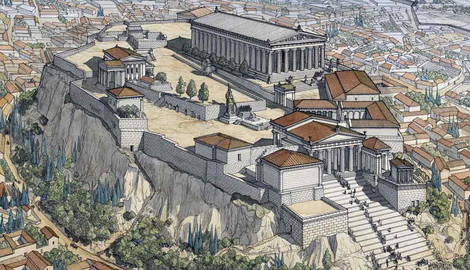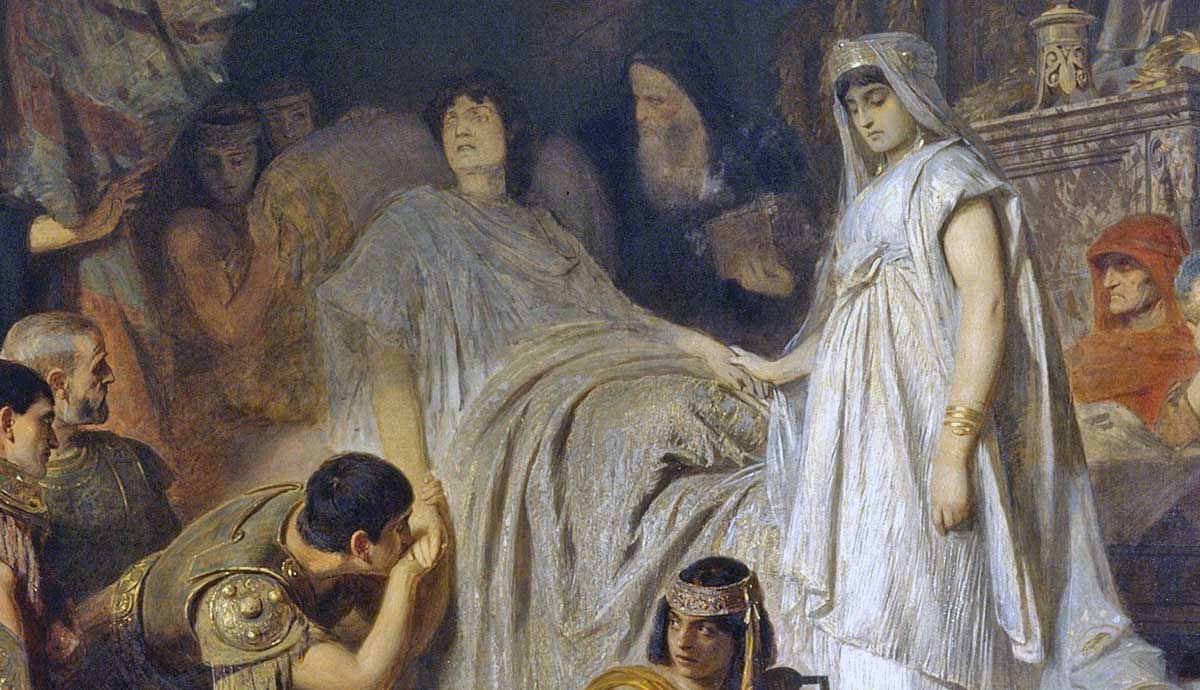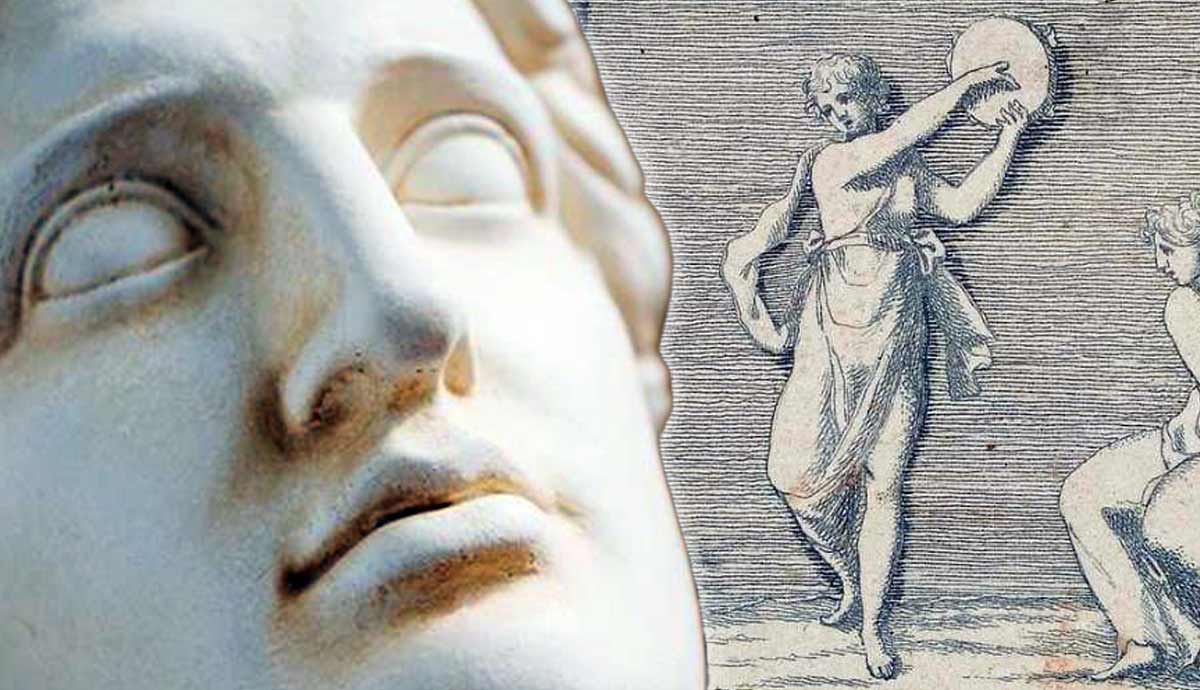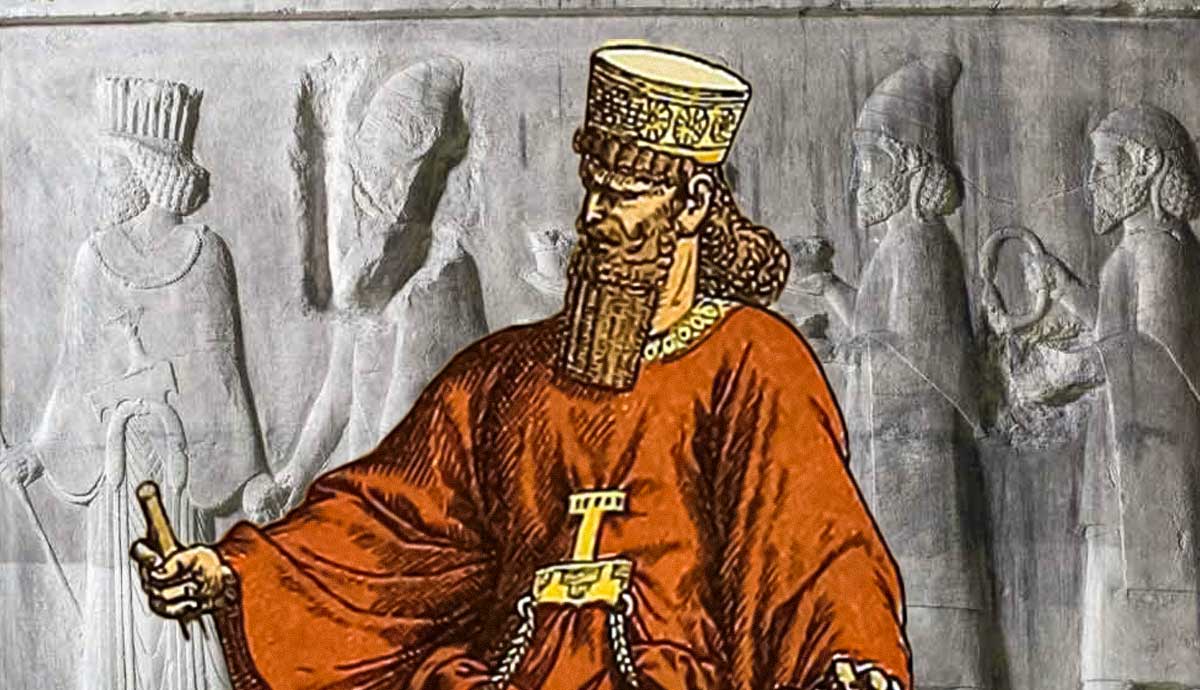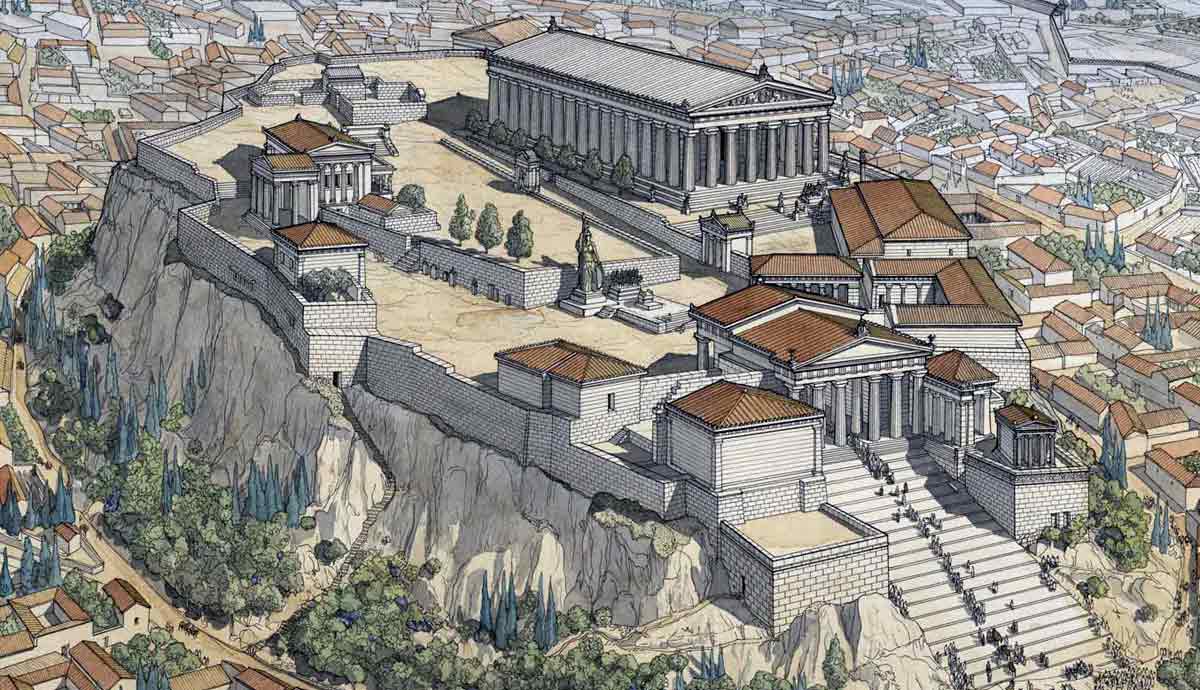
The Athenians are credited with coming up with a wide variety of concepts that are practiced in the modern world. They range from democracy to theatre and literature. Actually, many of the foundational rules that govern most countries today were written in Athens. For many years, the city was a powerhouse of new concepts.
Part of the reason for the rise of new ideas in the city was its location, the local economy, its politics, and its culture. As a major sea port, Athens was a medley of cultures. Ships not only brought in goods from other parts of the world but also brought new customs, technologies, and ideas. The constant flow of new things is believed to have challenged old beliefs and made people more open-minded.
How the Concept of Democracy Rose in Athens

Before the radical changes of the 6th century BC in Athens, just a few wealthy families held most of the power. The new democracy concept gave more power to the people. The shift started around 594 BC when Solon, a statesman and philosopher, erased all debts and created new political rules to broaden leadership participation.

However, the system was only fully realized under Cleisthenes of Athens in 508 BC. Widely referred to today as the father of Athenian democracy, he dismantled the power of traditional clans. He accomplished this by reorganizing all citizens into ten new tribes based on their location. The reform forced people from diverse backgrounds to cooperate. The main body was the Assembly. It was a place where any adult male citizen could propose and vote on laws. Major decisions required the participation of at least 6,000 men on a hill called the Pnyx. Daily work fell to a Council of 500 people who were selected by lottery for a one-year term.
The Doctrine of Philosophy in Athens

Athenian philosophers such as Socrates, Plato, and Aristotle built upon the concept of critical thinking and philosophy. They challenged citizens to question everything and embrace logic. Socrates, for instance, walked the Athens market to speak with people. His goal was to compel them to examine their own beliefs. His Socratic method is still a fundamental tool in law and education today. Of course, the relentless questioning was seen as a threat. Consequently, he was put on trial in 399 BC and sentenced to death.
His student, Plato, later established The Academy around 387 BC. The institution is often considered to be the world’s first university. It is there where Plato authored his famous texts such as The Republic, a work exploring justice and the ideal state.
Aristotle was Plato’s student for 20 years but chose a different path. He championed the observation of the natural world and the classification of all things. At his school, the Lyceum, he authored texts on nearly every subject ranging from biology to politics. His system of logic was used in the Western thought world for several millennia and is the foundation of the modern scientific method.
How Athenian Theatre Influenced Modern Theatre

The city of Athens also pioneered theater as we know it today. It produced theatrical plays of tragedy and comedy which were performed for large crowds and at religious festivals. In fact, writers such as Sophocles used some of the works to explore timeless themes of fate and human suffering. His great play, Oedipus Rex, is one of his most outstanding works. At the same time, the writer, Aristophanes, used his comedies to satirize prominent leaders. In his play Lysistrata, for instance, the women of Greece withheld all intimacy from their husbands to force an end to a war. The tradition of creating stories with a social message endures in films and books to date.
What Other Concepts Rose in Athens?

Even the modern courtroom has deep Athenian roots. It was in Athens that the concept of a trial by jury was pioneered. Juries were composed of hundreds of citizens chosen by lottery. The large size, often 501 people, was a safeguard against bribery. There were no professional lawyers. The accusers and the accused both argued their cases without representation. The process was an early concept of the court systems used today.
The Athenians also came up with the discipline of history. A writer called Herodotus who is widely regarded as the father of history, was the first to do more than just record events. He used interviews to investigate the causes of the great Greek and Persian wars. Later, Thucydides, an Athenian general, wrote about the Peloponnesian War (431 BC to 404 BC) in which he was a contemporary, through an evidence-based approach. As such, he is widely referred to as the father of ‘scientific history’.
